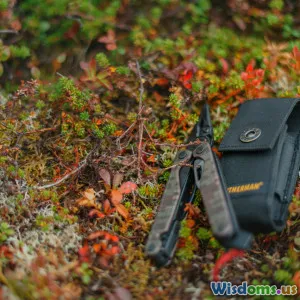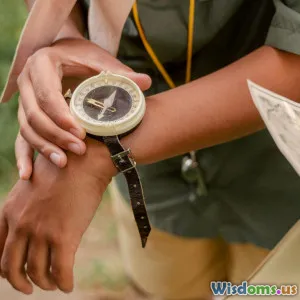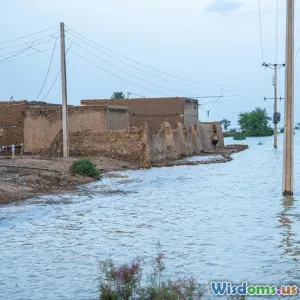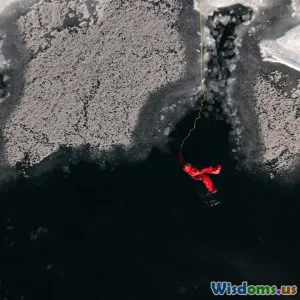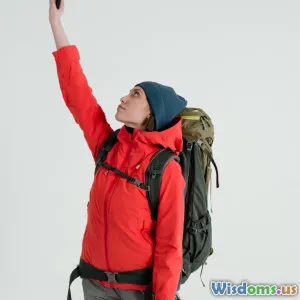
Essential Skills for Hiking and Backpacking
5 min read Master the essential skills for hiking and backpacking to enhance your outdoor adventures. (0 Reviews)
Essential Skills for Hiking and Backpacking
Hiking and backpacking are two of the most rewarding ways to connect with nature. Whether you’re a seasoned adventurer or just starting, mastering essential skills can enhance your experience and ensure your safety. This article covers vital skills every hiker and backpacker should have, ranging from navigation to first aid, to help you thrive in the great outdoors.
1. Navigation Skills
Understanding how to navigate in the wild is crucial. Here are some key aspects:
- Map Reading: Familiarize yourself with topographic maps, understanding symbols and contours. Always carry a physical map as a backup to your GPS.
- Compass Use: Learn how to use a compass in conjunction with your map. Knowing how to set a bearing and follow it can prevent you from getting lost.
- Land Navigation: Practice identifying landmarks and natural features to orient yourself. The more you practice, the better your skills will become.
2. First Aid Knowledge
Accidents can happen anywhere, even on well-trodden paths. Being prepared can make all the difference:
- Basic First Aid: Take a first aid course to learn how to treat common injuries such as cuts, sprains, and bites.
- First Aid Kit: Always carry a well-stocked first aid kit. Make sure it includes bandages, antiseptic wipes, pain relievers, and any personal medications.
- Emergency Situations: Understand how to identify when to seek professional help and how to communicate your location to rescuers in case of emergencies.
3. Efficient Packing
Packing efficiently not only affects your comfort but also your safety:
- Backpack Selection: Choose a backpack that suits the length of your hike and your personal needs, ensuring it distributes weight evenly.
- Packing Techniques: Use packing cubes or dry bags to organize your gear. Position heavier items close to your back for better balance.
- Essentials: Always pack the “ten essentials”: navigation tools, water, food, first aid kit, knife, fire starter, shelter, extra clothing, sun protection, and emergency items.
4. Outdoor Cooking and Nutrition
Being able to prepare meals outdoors can significantly enhance your hiking experience:
- Cooking Methods: Familiarize yourself with various cooking methods such as using a camp stove, open fire, or no-cook meals.
- Meal Planning: Plan your meals ahead of time, considering lightweight and nutritious options. Dehydrated meals can be a great choice for backpacking.
- Hydration: Always prioritize staying hydrated. Know how to purify water from natural sources using filters or purification tablets.
5. Understanding Weather Patterns
Weather can change rapidly in outdoor environments. Here’s what you should know:
- Forecasting: Learn how to interpret weather forecasts and recognize signs of changing weather conditions.
- Clothing Choices: Dress in layers to adapt to varying temperatures and conditions. Always pack a waterproof jacket and appropriate footwear.
- Safety Precautions: Understand the risks associated with different weather, such as thunderstorms or extreme heat, and how to respond appropriately.
Conclusion
Mastering these essential skills for hiking and backpacking can greatly improve your outdoor adventures, ensuring you are prepared for any situation. As you gain experience and knowledge, you’ll find that the wilderness offers endless opportunities for exploration and personal growth. So gear up, prepare well, and enjoy the beauty of the great outdoors safely!
Rate the Post
User Reviews
Popular Posts
















